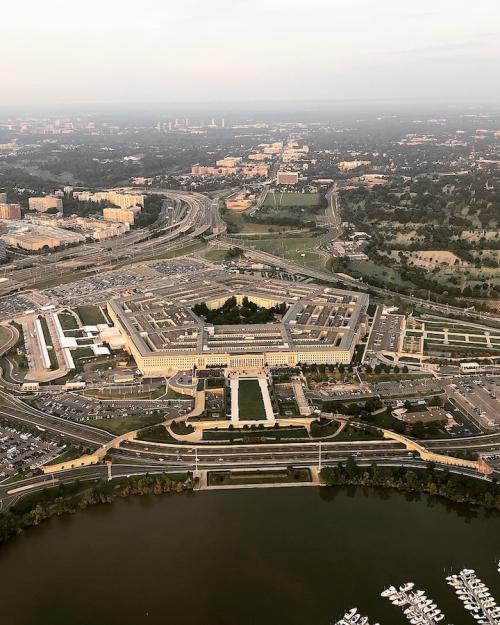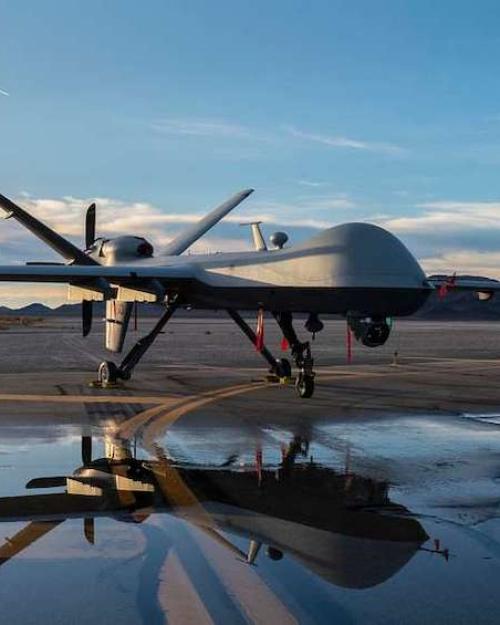President Biden has vowed a response after drone strike by Iran-backed militias killed three US troops and wounded many more in Jordan last Sunday.
David Silbey is an associate professor of history at Cornell University where he specializes in military history and defense policy. Despite vows of retaliation, Silbey says it’s unlikely that Tehran abandons its current strategy of supporting proxy attacks against US forces.
Silbey says: “There are plenty of Iranian-supported forces in Iraq and Syria that could be hit as a way of retaliating. One other possibility would be to hit Iranian oil-processing facilities in the Persian Gulf. That’s not quite as escalatory as, for example, bombing Tehran. The problem is that none of this would really deter the Iranians all that much.
“The US is the status-quo power in the Middle East while Iran is the revisionist one. They have little motivation to allow the status quo to continue and so little motivation to stop their proxies from attacking.
“The balance in that is that they don’t want a full-scale war with the United States and so mounting an attack with clearly identifiable Iranian forces is probably off the table, but further proxy attacks are likely to continue.”
For interviews contact Adam Allington, cell (231) 620-7180; adam.allington@cornell.edu.




